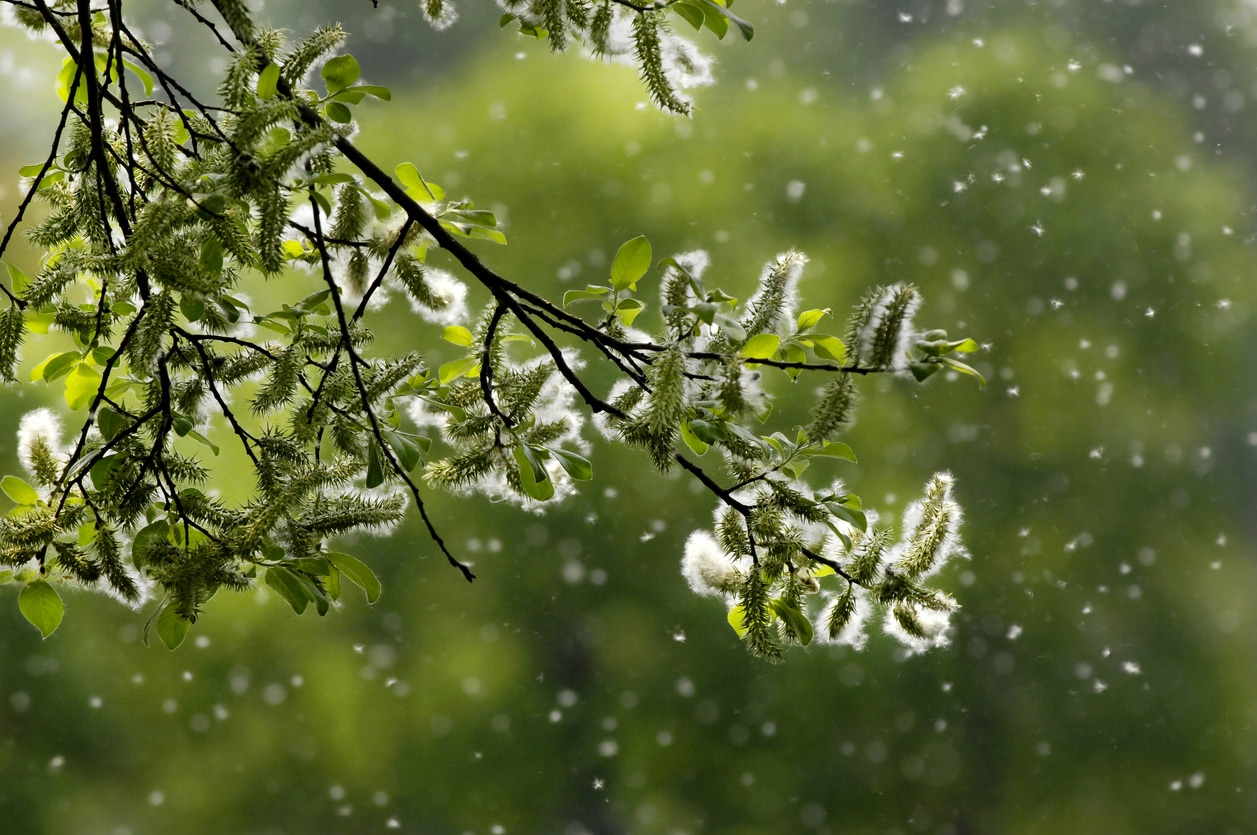If you feel like your seasonal allergies are hitting harder and lasting longer in Oregon than they used to, you’re not alone. Some Oregonians report more intense symptoms that last longer, year over year. But is it just your imagination, or is allergy season getting worse?
Some weather experts suggest that the allergy season is changing, driven by environmental and climate impacts.
Why Allergy Season Feels Worse

There are several reasons why allergy symptoms may feel more intense than they did in the past. These changes are linked to environmental shifts affecting plants’ growth and pollen release.
- Longer growing seasons: Warmer temperatures and fewer freezes give trees and grasses more time to release pollen.
- Increased carbon dioxide: Carbon dioxide boosts plant growth, producing more pollen, especially from ragweed.
- Urban development: Landscaping with high-pollen trees or invasive grasses can increase local pollen levels.
- Poor air quality: Wildfire smoke and pollution can irritate the airways, worsening allergy symptoms even when pollen levels are moderate.
These changes are especially noticeable in cities like Eugene and Medford, which recently ranked in the top 10 for worst pollen counts.
Oregon’s Most Common Allergy Triggers
Different regions in Oregon may see slightly different triggers depending on climate and vegetation, but most areas experience three primary waves of allergens.
Seasonal allergens to watch for:
- Spring: Tree pollens such as birch, alder and oak
- Late spring to early summer: Grass pollen, especially ryegrass
- Late summer to fall: Weed pollen, such as ragweed and sagebrush
Mold spores can also be a year-round issue in Oregon due to the state’s damp climate, especially in coastal or forested areas like the Willamette National Forest.
How to Manage Worsening Allergy Seasons
If you’re feeling the effects of longer or more intense allergy seasons, there are steps you can take to reduce exposure and ease symptoms.
Tips for managing allergies in Oregon:
- Monitor local pollen counts and stay indoors on high-pollen days.
- Keep windows closed, especially in the morning when pollen levels are highest.
- Shower and change clothes after being outside to avoid tracking pollen indoors.
- Take antihistamines or nasal sprays as directed by your doctor.
- Consider seeing an allergist for personalized treatment or allergy testing.
While it’s clear that allergy season in Oregon is changing, the good news is that awareness and preparation can help you manage symptoms.
To learn more about allergy symptom management or to schedule an allergy test for you or a loved one, contact Willamette ENT & Facial Plastic Surgery today.
“Have always found the staff and doctors here to be helpful. This was my first visit with Dr. Prze after Dr. Allan retired, and he was very friendly, enthusiastic, and thorough. It was obvious he had read my chart carefully before my checkup.”